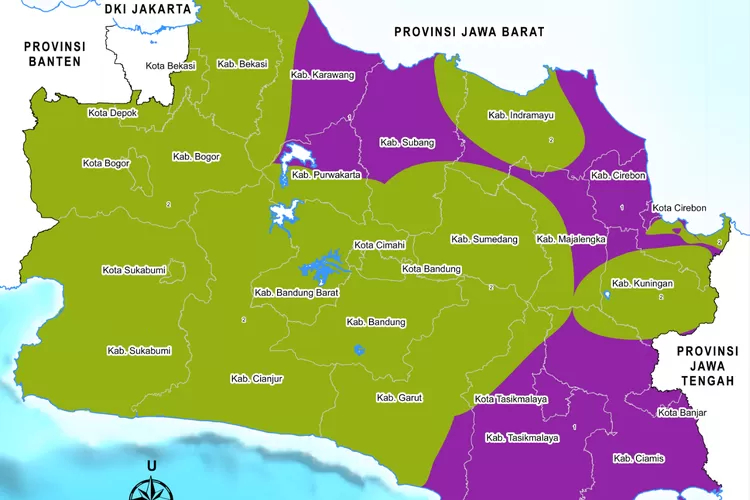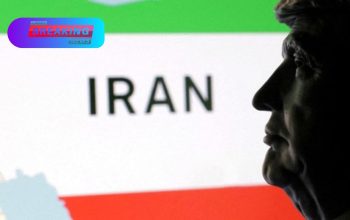West Java Split Into 5 Provinces: New Reform Proposal
The proposed West Java split into 5 provinces has sparked lively public debate. Advocates claim the plan will improve local governance, boost regional development, and ensure more equitable distribution of resources across the province’s vast and densely populated areas.
Key Drivers Behind the Proposed Split
Supporters of the proposal argue that West Java’s immense population and geographic spread make efficient governance difficult under a single provincial administration. The plan aims to decentralize power, address local needs more effectively, and allow each new province to build tailored development strategies.
Potential Impact on Citizens and Services
If implemented, the split could bring government services closer to residents. Local governments may respond faster to public needs, while regional infrastructure projects could receive better funding and focus. However, logistical challenges such as administrative setup and budget realignment must be carefully managed.
Legal and Political Path to Provincial Split
Transforming West Java into five provinces requires legislative approval, thorough feasibility studies, and endorsement from central government authorities. Lawmakers must evaluate demographic, economic, and geographic factors to ensure the new provinces meet administrative viability standards.
Challenges Facing the Proposed Division
Critics worry about the high costs of forming new provincial governments and the risk of bureaucratic redundancy. Transitioning existing resources, redefining jurisdiction boundaries, and establishing new capitals pose significant logistical and political hurdles that must not be underestimated.
Public Reactions and Political Perspectives
Public response remains mixed. Some communities welcome the change, expecting more localized development. Others express concern over identity loss and administrative confusion. Politicians appear divided, with several endorsing the proposal while others call for more detailed evaluation before approval.
Conclusion: The Future of West Java Governance
The idea to split West Java into 5 provinces reflects Indonesia’s evolving approach to regional autonomy. Whether or not the plan proceeds, the conversation highlights the urgent need for equitable governance and balanced development. With proper planning and political will, the split could mark a turning point in Indonesia’s decentralization journey.



